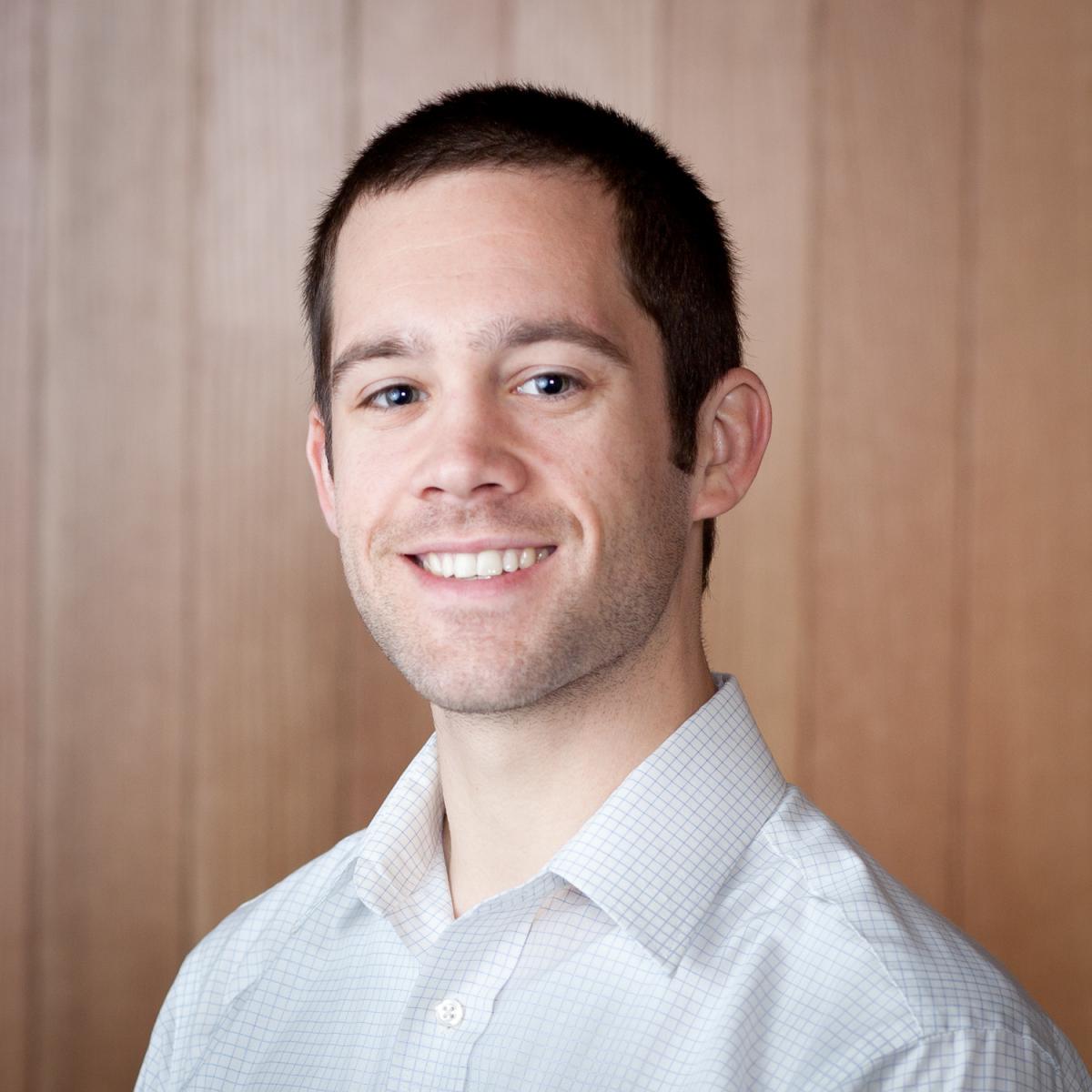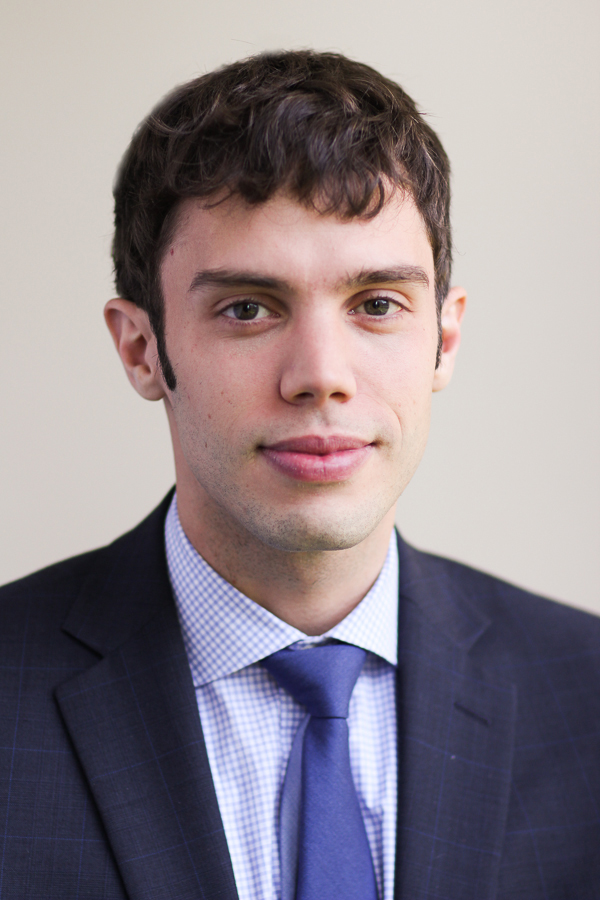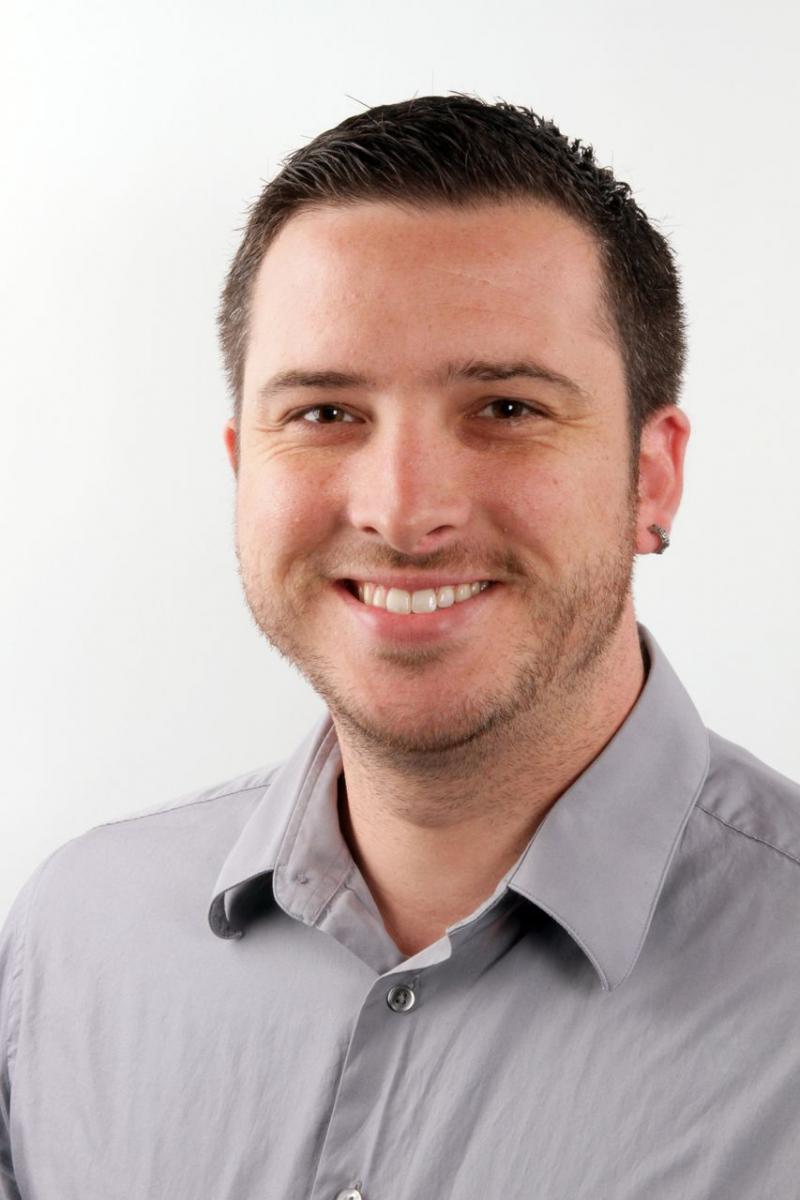EDF Climate Corps fellow | September 17, 2013
Getting the sustainability conversation started, modeling potential returns, justifying investment and moving beyond the low hanging fruit. These are just some of the things our EDF Climate Corps fellows worked on this summer. Read below for more detail on how Eric, Tyler and Brendan, three Yale University Students, spent their summer overcoming the barriers to effective energy management.

Name: Eric Plunkett
Hometown: Orchard Park, NY
School: Yale University
Host Organization: Children’s Defense Fund (CDF)
Q: Why did you join EDF Climate Corps?
A: I’d worked in energy efficiency advocacy and policy before, and I felt I needed to add some practical experience. I wanted to learn more about the nuts and bolts of making efficiency happen, as well as dig into the financing side a bit.
Q: What are some projects you’re working on?
A: The headquarters in Washington, D.C., is trying to figure out how to be more energy-efficient. We’ve been looking at lighting upgrades, occupancy sensors, retro-commissioning the HVAC system, air sealing and office equipment. We’ve also decided to start a green action team, which will work with upper management to plan and implement recommended projects, in addition to communicating with staff on initiatives and behavioral changes.
Q: What has been the most difficult part about tackling those projects?
A: CDF had never looked at energy efficiency practices or policies before, which makes it difficult to get people thinking about and concerned with energy efficiency. My biggest task has been to get the conversation started on energy efficiency and identify the lowest-hanging fruit.
Q: Have you found any ways that have been helpful in overcoming those difficulties?
A: It’s important to keep the conversation at the appropriate level. When I discuss the work with the CFO, we talk costs and savings. When I talk to the building manager, I talk about making his job easier. When I am trying to “sell” the idea to the communications folks, I include the environmental benefits alongside the financial ones. CDF is committed to helping ensure a successful future for children everywhere. Improving their energy efficiency is yet another way in which they can do that.
Q: What has been the best part about working at the Children’s Defense Fund?
A: I like that, since we’re starting from scratch, there’s a lot of room for improvement. Though the absolute numbers for energy and GHG savings might be small compared to most EDF placements, the percentages are significant. I also appreciate that CDF is mission-driven, so any savings we find will benefit the great work that they do.

Name: Tyler Van Leeuwen
School: Yale University
Hometown: Woodinville, Washington
Host Organization: adidas Group
Q: Why did you join EDF Climate Corps?
A: Without a price on carbon, energy efficiency is one of the most promising avenues to get businesses to invest in reducing CO2 emissions. In fact, the more we study the energy efficiency opportunity, the better an investment and environmental solution it appears! Through the EDF Climate Corps program, I knew I would get experience implementing energy efficiency opportunities at large and respected institutions – an excellent start to a career focused on sustainability.
Q: What are some projects you’re working on?
A: This summer, develop an expansion strategy for adidas Group’s greenENERGY venture capital fund. The fund takes a portfolio approach to investing in strategic energy efficiency opportunities in adidas’ real-estate portfolio and has chalked up impressive success in its first 14 months - On $2 million invested, the fund has returned over 55%!
Q: In tackling those projects, what has been the most difficult part?
A: Future greenENERGY Fund investments will need to tackle more complex problems, such as HVAC redesign, advanced controls and building envelop improvements, in locations far from our existing vendor networks. From our desks in Canton, MA, it is very difficult to model the savings potential of an HVAC investment in Caspe, Spain with the rigor needed to justify a significant investment. However, the continued success of the greenENERGY fund depends on our ability to source high-quality investments and have certainty about their ability to deliver financial and energy returns to our stakeholders.
Q: Have you found any ways that have been helpful in overcoming those difficulties?
A: Working with Elizabeth Turnbull-Henry and other senior management at adidas Group, I developed our Global Energy Audit Program. Through this program, the adidas Group will be partnering with one of the finest global engineering firms to roll out energy audits at 18 facilities worldwide, providing us comprehensive data on energy efficiency opportunities at some of our most energy intensive sites. The results of this audit will become a roadmap for adidas energy efficiency investing for the next two years and will hopefully achieve significant reductions in energy consumption and GHG emissions!
Q: What is one thing you’ve learned this summer?
A: Corporate sustainability takes a lot of heart! A sustainability manager typically does not have the power that a CFO wields over an organization; they cannot force people to make certain types of investments over others. In this environment, it is often personal relationships that provide much of the motivation for busy facility engineers to take an interest in sustainability priorities.

Name: Brendan Edgerton
Hometown: Los Angeles, CA
School: Yale University
Host Organization: Office Depot
Q: What are you working on this summer?
A: I’m identifying energy efficiency opportunities within the plans and specs for Office Depot retail stores and distribution centers. I am also working with facilities personnel at headquarters to find energy projects. However Office Depot has already done such a great job continuously improving the building’s performance it has been quite challenging. Having captured all of the low-hanging fruit at headquarters and across their portfolio, we are now investigating which renewable energy technologies would be the best fit at specific Office Depot properties. This involves prioritizing technologies, locations, financing options and existing leases.
Q: In tackling those projects, what has been the most difficult part?
A: I knew coming into the internship that it may not be easy to identify many high impact, quick payback energy efficiency projects due to Office Depot’s participation in ENERGY STAR and LEED rating system. However, I had absolutely no idea how innovative and aggressive the company was in energy efficiency project investigation and implementation. Although their unending quest to tighten facility performance and reduce operating costs has forced me to dig a little deeper in my internship, I have learned much more because of it.
Q: Have you found any ways that have been helpful in overcoming that difficulty?
A: My best solution for presenting next level energy efficiency and renewable energy opportunities has been to work with vendors to discuss their latest technologies. A few of the solutions included in my final recommendations are not being manufactured on a large scale, requiring that we give the manufacturer a few weeks to produce the units needed.
Q: What is one thing you’ve learned this summer?
A: I learned very quickly how different each department’s language is. Each department has its own goals and metrics so it is critical that you speak that department’s language when trying to implement change, especially in a large organization like Office Depot.
Q: What is the mark you want to leave on the world?
A: That anyone and everyone can live an environmentally-conscious lifestyle without burning a hole in their wallets. In fact, it may even improve your economic position.
This post is a part of our "Interviews with Tomorrow's Leaders" series. Stay tuned for more interviews with our 2013 EDF Climate Corps fellows!
About EDF Climate Corps
EDF Climate Corps (edfclimatecorps.org) taps the talents of tomorrow’s leaders to save energy, money and the environment by placing specially-trained EDF fellows in companies, cities and universities as dedicated energy problem solvers. Working with hundreds of leading organizations, EDF Climate Corps has found an average of $1 million in energy savings for each participant. For more information, visit edfclimatecorps.org. Read our blog at edfclimatecorps.org/blog. Follow us on Twitter at twitter.com/edfbiz and on Facebook at facebook.com/EDFClimateCorps.